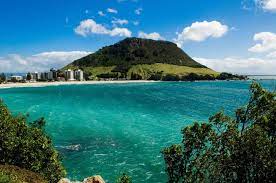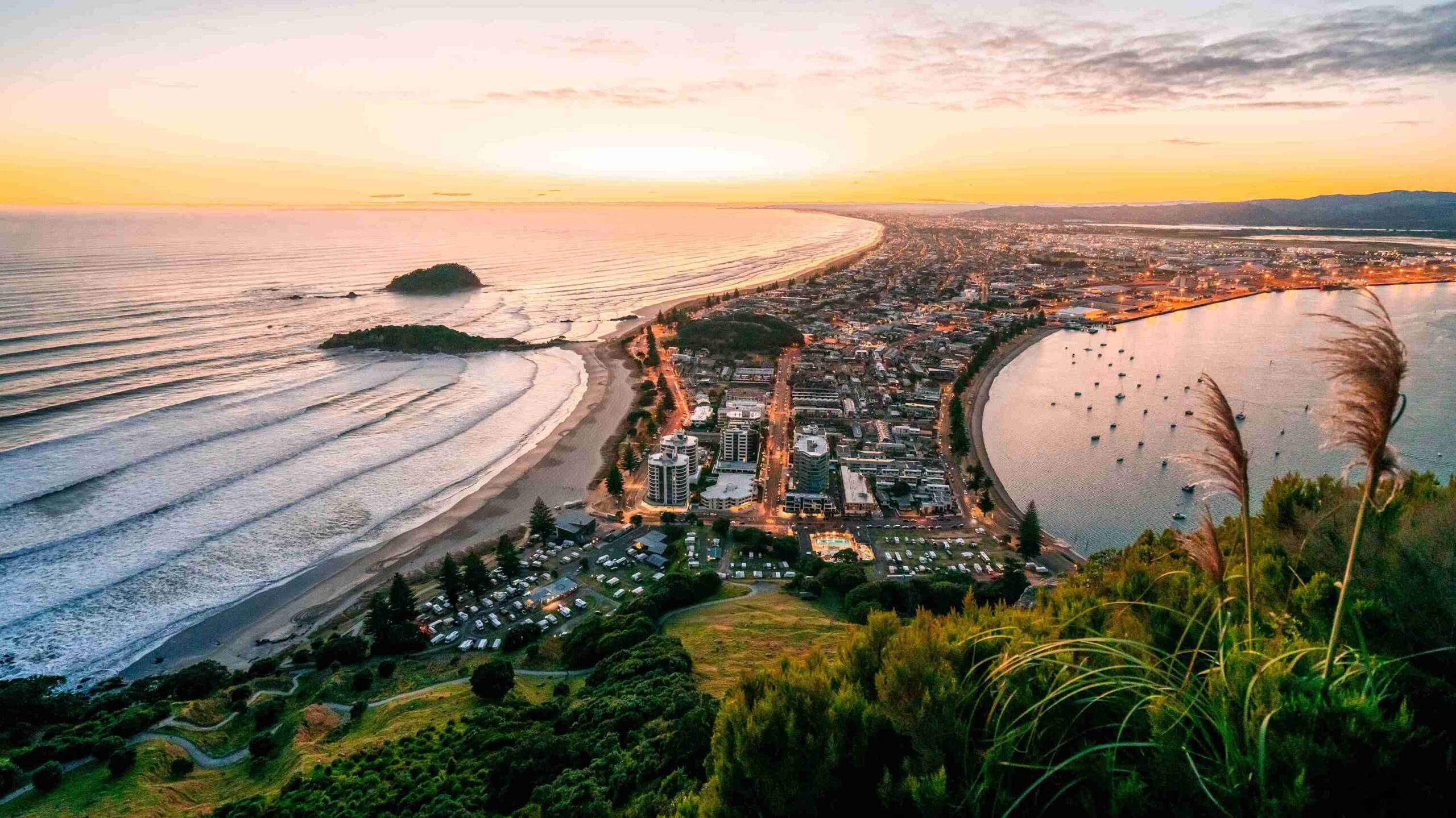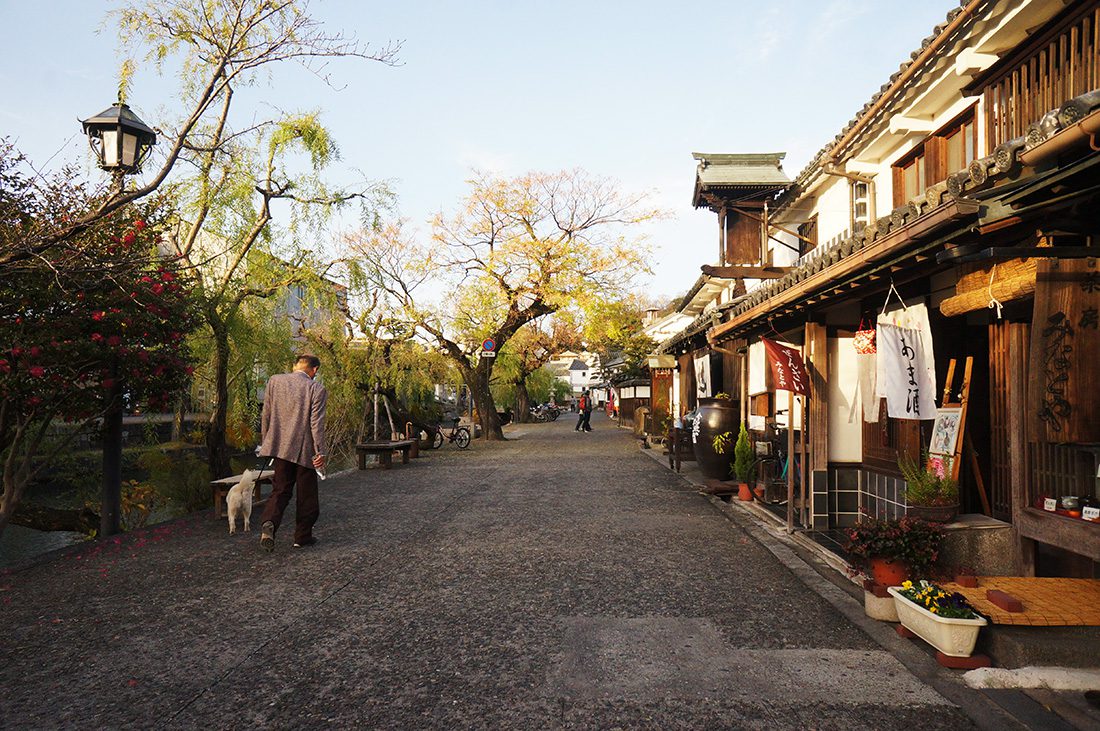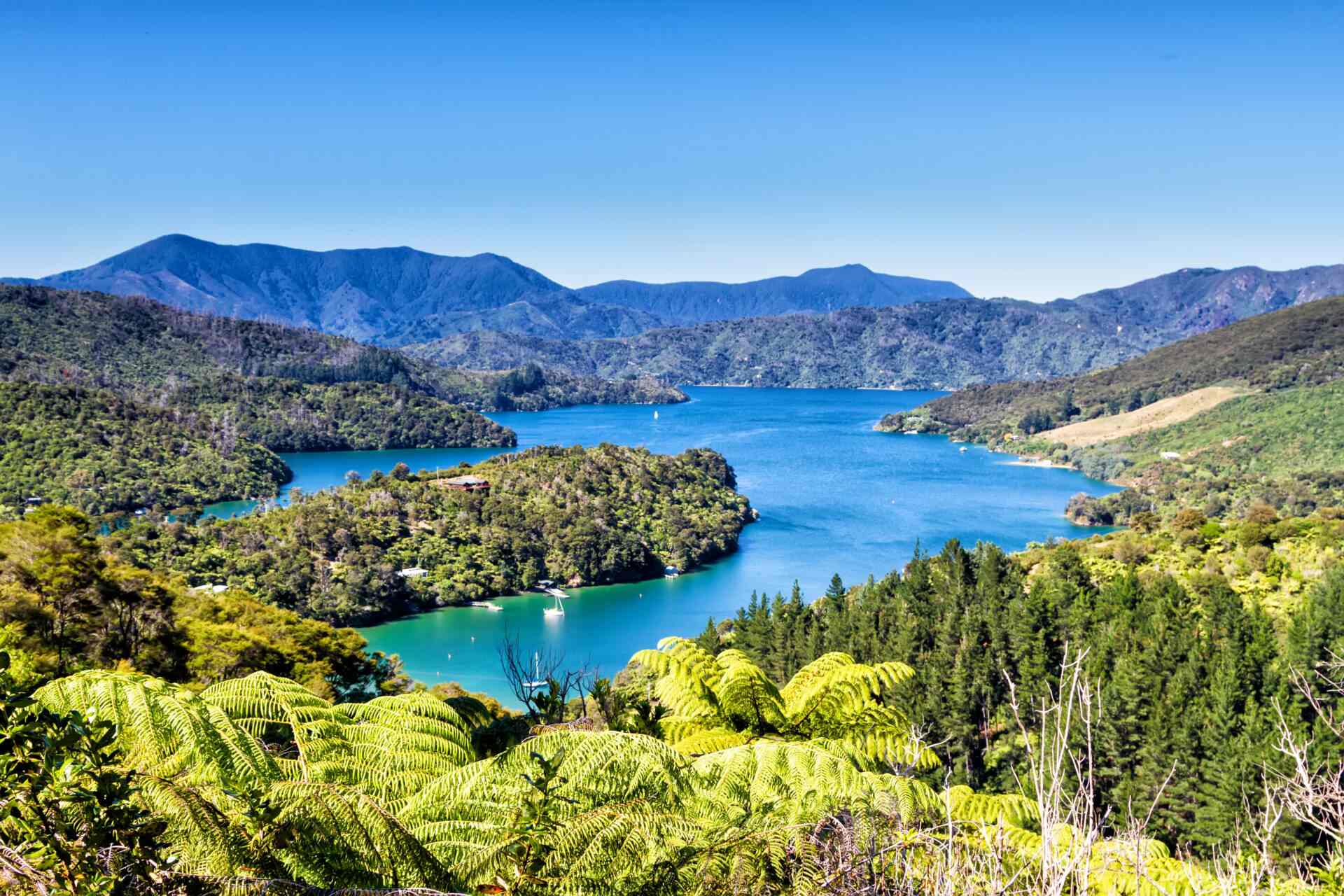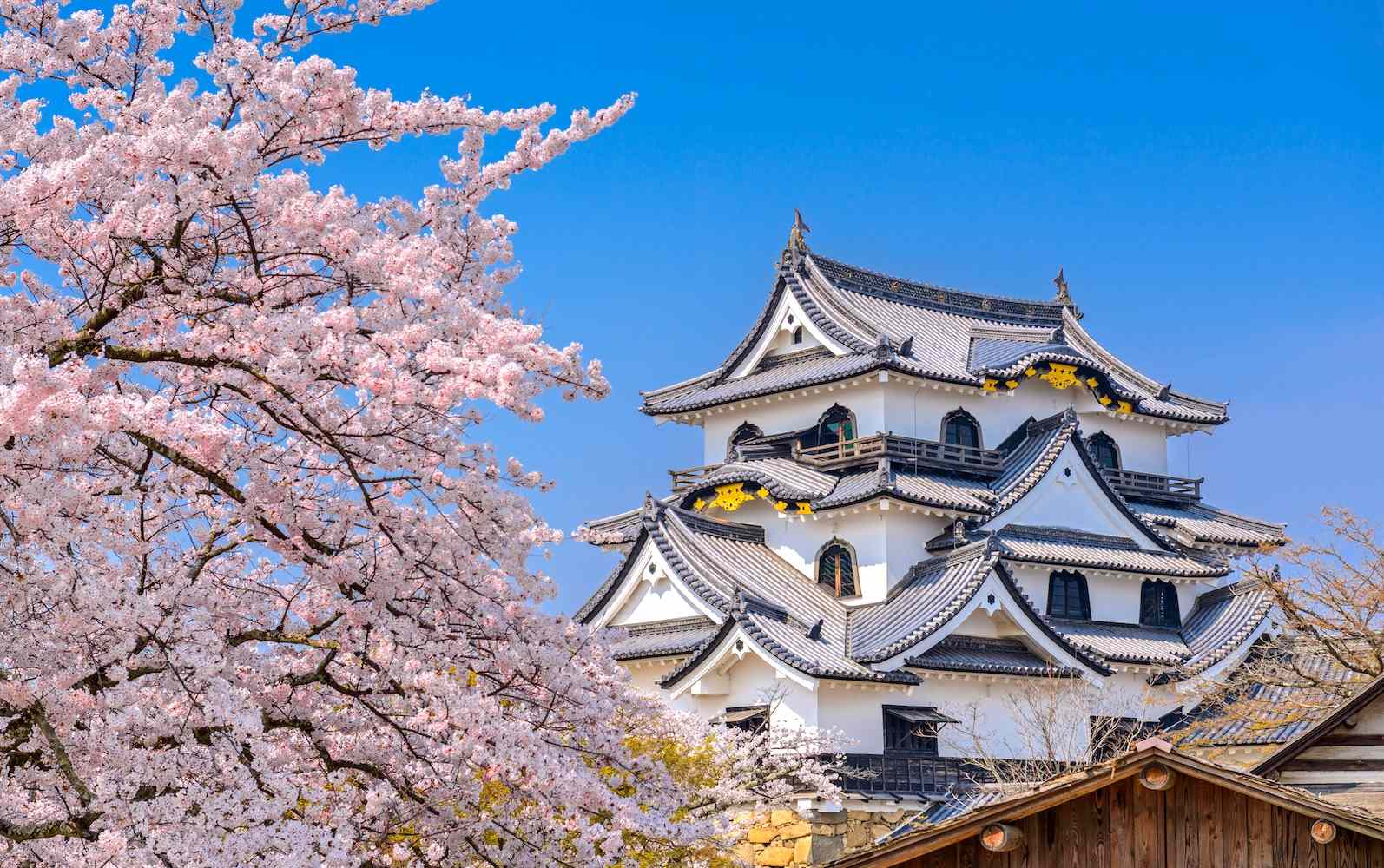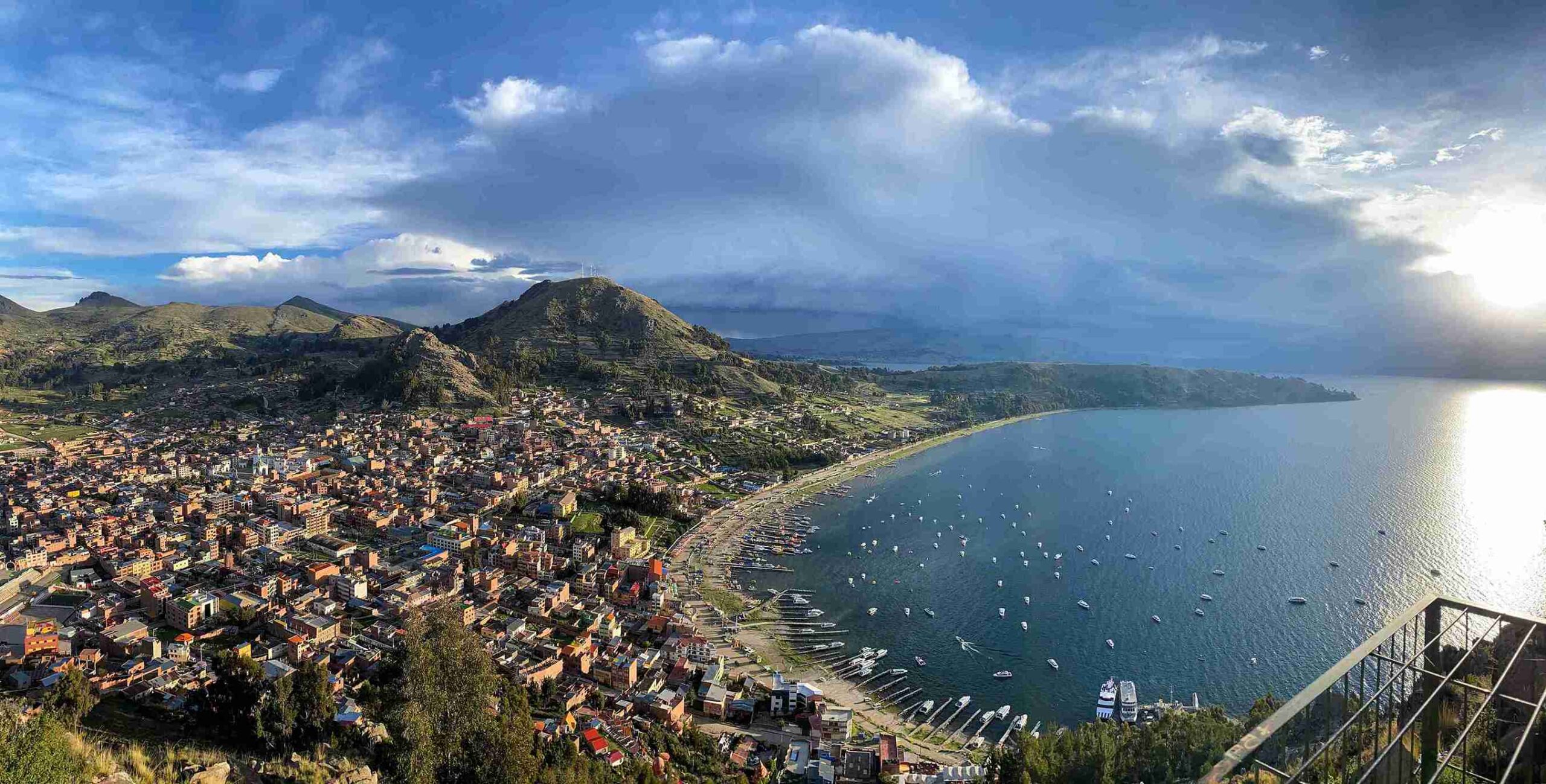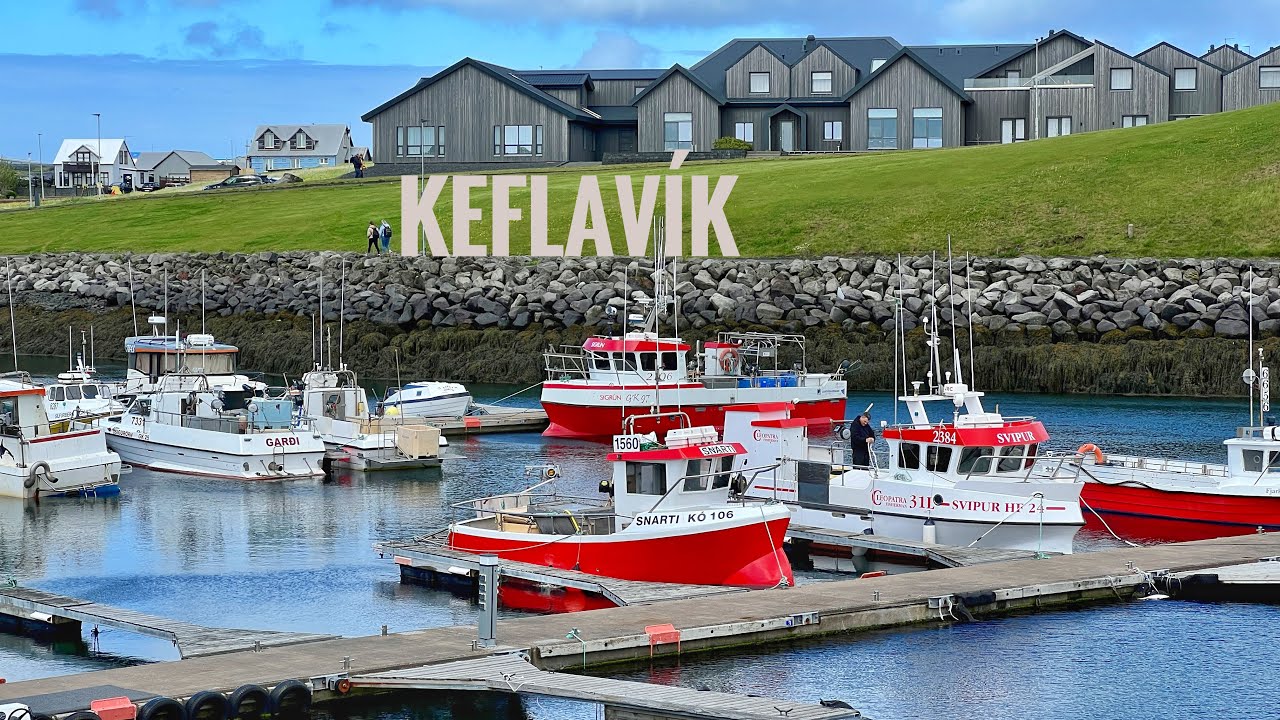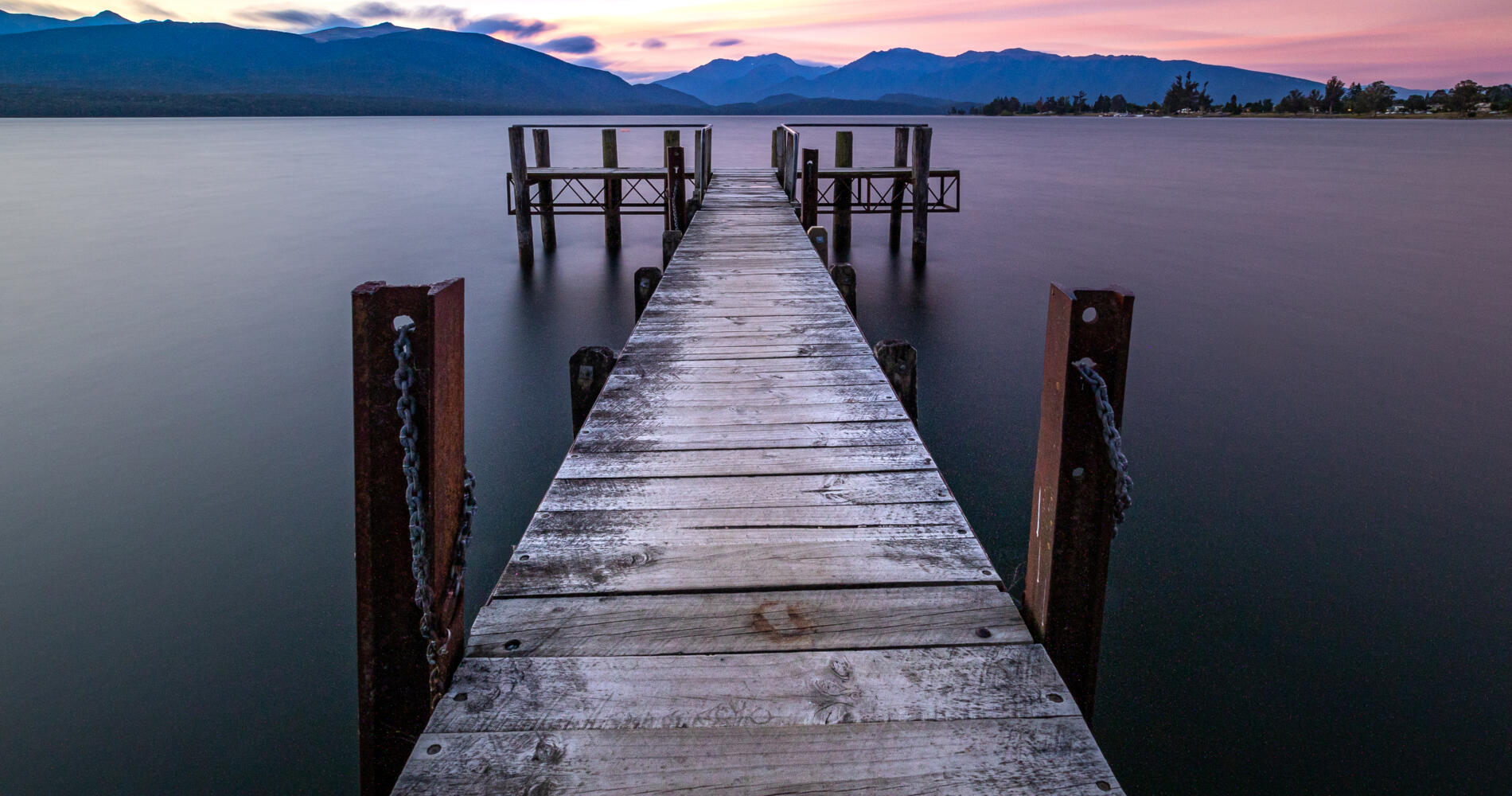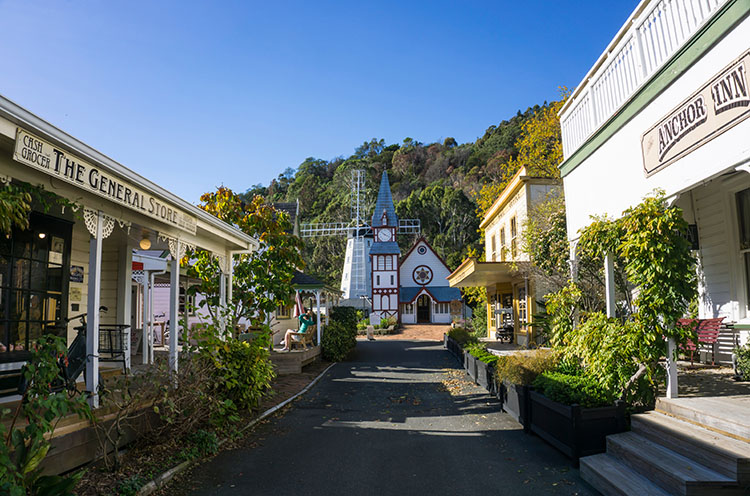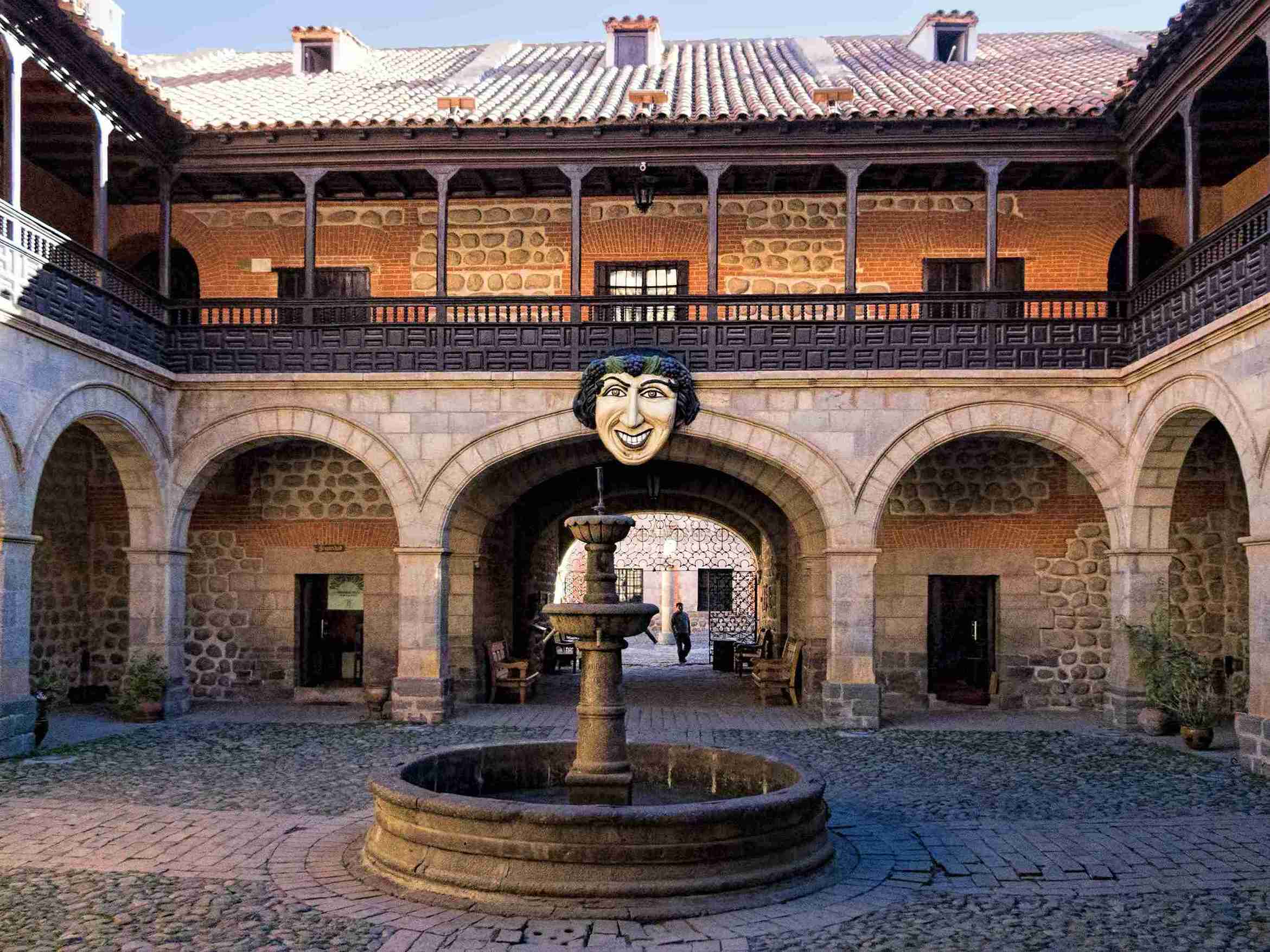Thimphu, Bhutan – Travel Tips
Category
Categories
Popular Articles

**Overview of the Destination:**
Thimphu, the capital of Bhutan, is a living portrait of cultural heritage nestled in the Eastern Himalayas. Renowned globally as the only capital without a single traffic light, Thimphu brings a unique blend of the ancient and modern worlds. From its traditional dzongs (fortresses) to vibrant nightlife, the city hums with a distinctive energy. What makes Thimphu enthralling is its adherence to sustainable development rooted in the philosophy of Gross National Happiness, a term coined by the fourth King of Bhutan.
**Best Time to Visit:**
The best time to visit Thimphu is between September to November (autumn) and March to May (spring). These periods offer a pleasant climate and clear skies perfect for outdoor activities. Two major festivals worth planning your trip around are Thimphu Tshechu in the autumn and Thimphu Drubchen in the spring. Off-season benefits include cheaper accommodations and fewer tourist crowds during the summer (June-August) and winter (December-February) months.
**Climate & What to Pack:**
Thimphu has a temperate climate characterized by cool winters and monsoonal summers. Winter (December-February) necessitates heavy woollens, while summer (June-August) calls for light clothing and rain gear due to periodic rainfall. Comfortable, sturdy footwear is essential for navigating hilly terrains. Sunscreen, shades, a hat, and warm layers are advised for all seasons, given the city’s high altitude.
**Getting There:**
The nearest major airport to Thimphu is Paro International Airport, around 48 km away. Taxis and buses regularly ply on this route. Prior to arrival, ensure that you obtain a visa from your local Bhutanese Embassy or Consulate. Remember, independent international tourism is not permitted in Bhutan; therefore, arrange your trip through a recognized Bhutanese tour agency.
**Getting Around Locally:**
Thimphu is a compact city best explored on foot. For farther districts, taxis are widely available and moderate in price. Public buses are a cheaper but slower alternative. In line with Bhutan’s commitment to sustainability, there are no car rental services available.
**Safety Tips:**
Thimphu is considered safe for tourists. As in any tourist destination, it’s always a good idea to beware of pickpockets in crowded places. As Thimphu (and Bhutan at large) is a deeply religious place, it’s crucial to observe local customs and etiquette, especially when visiting monasteries or religious sites. Respect the dress code by wearing appropriately modest clothing.
**Top Things to Do & See:**
Must-see attractions in Thimphu include the Tashichho Dzong, Buddha Dordenma, and Simply Bhutan museum. For shopping, visit the Centenary Farmers Market and the weekend market. The Motithang Takin Preserve is worth a visit to witness the national animal of Bhutan. Don’t miss out on the traditional hot stone bath to soak away your troubles!
**Where to Stay:**
Thimphu offers a range of accommodations. For luxury seekers, Taj Tashi and Termalinca Resort and Spa are excellent choices. Hotel Norbuling and Kisa Villa serve the mid-range budget tourists, while Hotel Ghasel and Hotel New Grand are great for travelers on a tighter budget.
**Food & Local Cuisine:**
The Bhutanese cuisine is a fiery mix of chili and cheese. Try the national dish, ‘Ema Datshi’, a spicy stew made with cheese and chili. The red rice is another local staple which you must try. Remember, Bhutanese people eat with their hands, but tourists are provided with cutlery.
**Cultural & Practical Tips:**
The national currency is the Bhutanese Ngultrum. The language spoken is Dzongkha, but English is widely understood and spoken. There is no tipping culture in Bhutan. Most Bhutanese power sockets accept Type D or Type M plugs with 230V voltage. Wi-Fi is available at most hotels, but do not expect high-speed internet.
**Sustainable or Responsible Travel Tips:**
Bhutan carefully limits tourism to preserve its natural and cultural heritage. Practice responsible tourism by respecting local customs, not littering, and minimizing your carbon footprint. Be careful not to disturb wildlife and always remember to travel with an accredited guide.
**Personal Travel Tip:**
Engage with the locals! People in Thimphu are incredibly friendly and always ready to share a slice of their unique lifestyle and culture. Stepping into their world can be one of the most memorable facets of your Bhutan journey.

